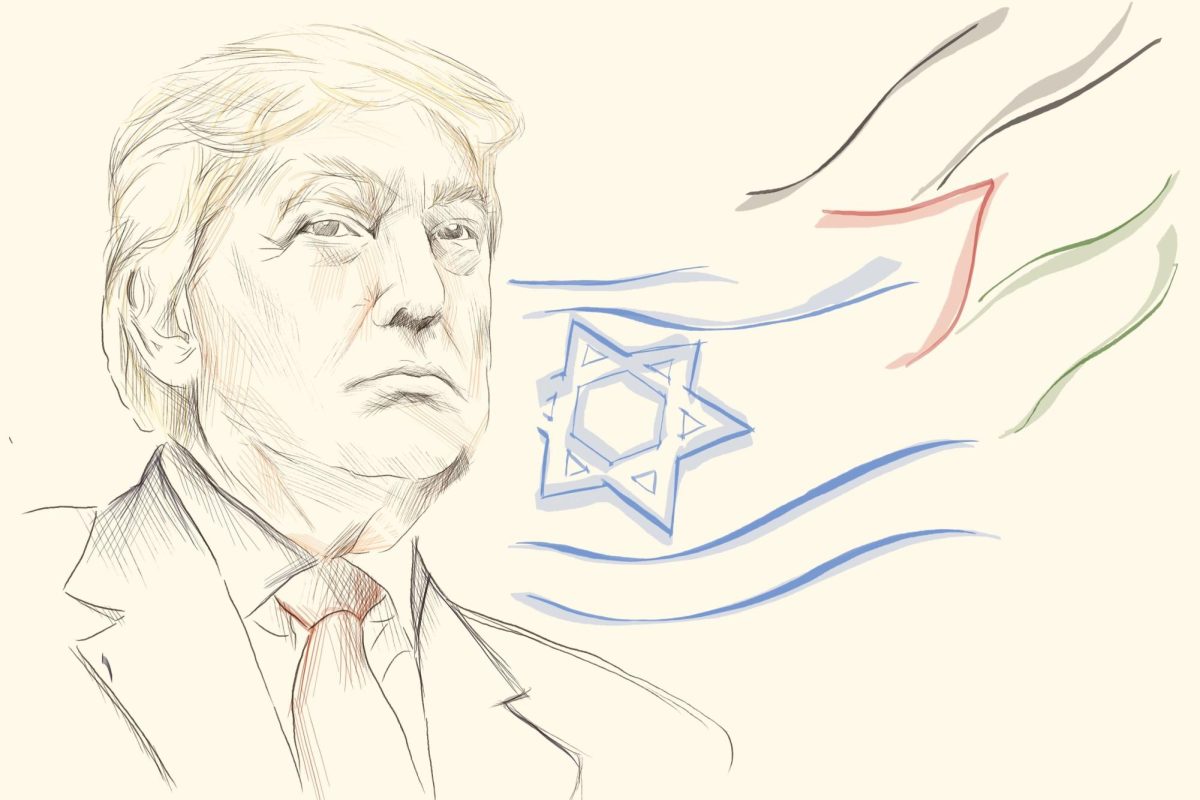As we turn the page to a new presidency, let us look back at this week in history and bookmark the value of uneasy solidarity.
Brooches sparkled. The snow glistened. The world tuned in. America listened. Hands rose as oaths were taken. A diverse cast of leaders and speakers left status quos broken. Just as in every inaugural week, there was some fear, some optimism, and some political smears. Overall though, Jan. 20, 2021 and the days that followed united a broken, yet hopeful nation. A little digging through our society’s dusty archives, and we can discover exactly how much we can achieve by prioritizing common goals over partisan philosophies.
President Biden’s first week in office has already shown us the strides he is willing to take to unify not only his own party, but the nation as well. To counter the COVID-19 pandemic, he expanded unemployment insurance coverage (a Liberal priority), while forming a task force dedicated to opening schools as swiftly and safely as possible (a Conservative priority). He even initiated proceedings to rejoin the Iran Nuclear Deal, formally known as the Joint Comprehensive Plan of Action, despite the often-conflicting visions of American legislators and foreign leaders.
Nuclear muscle power has been a point of contention for much of the world’s modern history, yet we have also learned to prioritize people’s safety over adversarial agendas. In fact, almost exactly 54 years ago on Jan. 27, 1967, an unforeseeable alliance was forged between the Soviet Union and the United States. These two nations signed a resolution to ban the placement of weapons of mass destruction into Earth’s orbit. Space was deemed no man’s land for use in military tactics. Despite the countries’ scientific prowess, they prohibited the use of space as a launchpad to lodge attacks on civilians. Addressing the dangers of rampant nuclear arms preceded the nations’ desires to flex those arms. Where did this unity perish when addressing Iran’s nuclear capabilities?
Historically, we have been so sure that any efforts geared towards reducing nuclear weapons should be encouraged. However, for some cheap political points, we surrendered a deal whose end goal we all agree with: a nuclear-weapons-free Iran. We pulled out of a deal which limited Iran’s nuclear capabilities, because to some, we were not tough enough on the nation. Instead, we attempted to hand this same deal to North Korea, a country which has shown much less accountability in abiding to international agreements. Maybe we thought that we would be able to squeeze Iran more than North Korea. Well, North Korea refused every offer. Where Iran made concessions before talks even began, North Korea did not. Diplomacy necessitates negotiation. Negotiations often result in partisan changes to legal intricacies, which we should accept to fulfill the greater purposes of these multilateral contracts.
The Outer Space Treaty of 1967 was far from perfect, but we recognized that this agreement cemented our goal of sustaining peace and tranquility around the world. We placed our bets on uncertain peace over guaranteed war. Biden’s decision to rejoin the Iran Nuclear Deal should not draw contention. Our perspectives will differ on many topics, but when they align, let us be cautiously optimistic allies in achieving our shared objectives.
While the new administration has delivered many temporary fixes to enduring issues so far, uneasy discussions with critics and opposition leaders are now required for permanent solutions. A glance back at our distant past shows us everything we can accomplish, if we can make imperfect solidarity last.
Art by Angela Liang for the UC San Diego Guardian
















